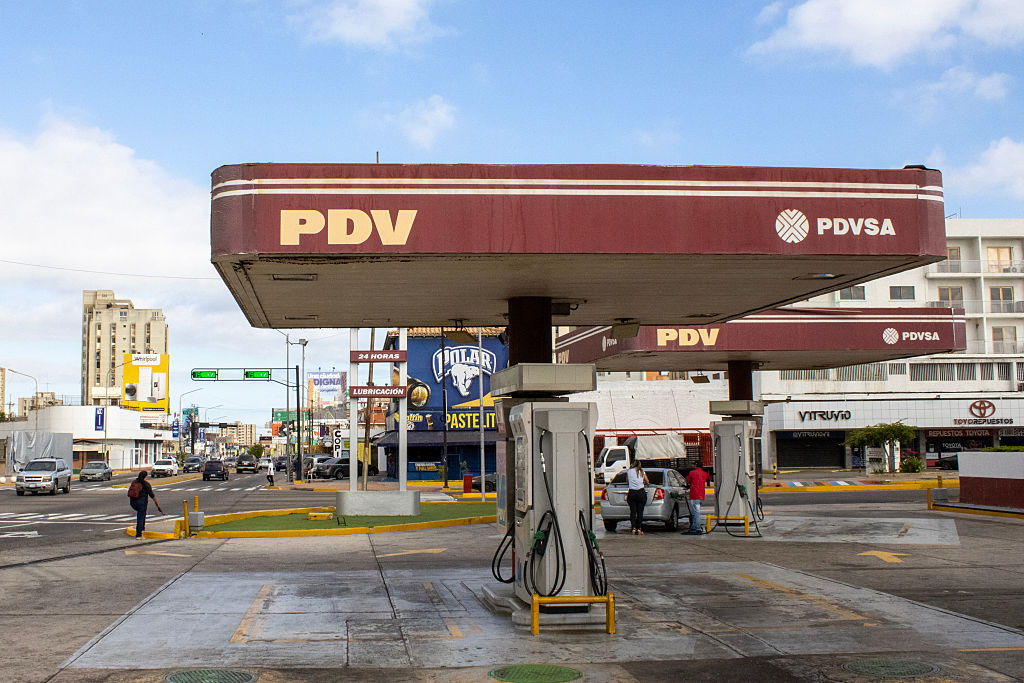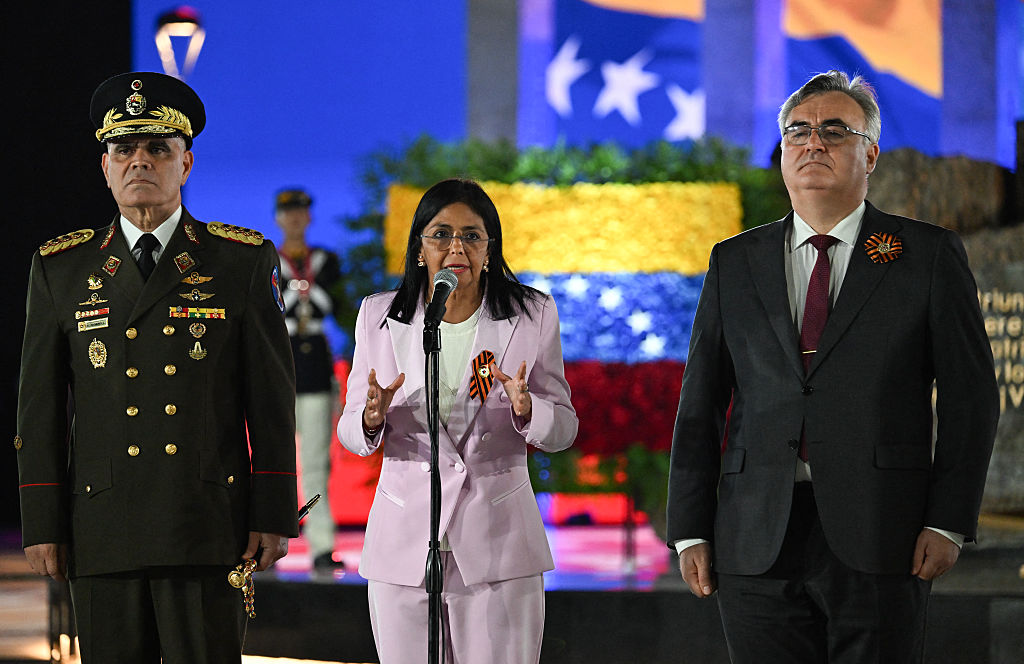Year in Review: 2008 in the Americas
Year in Review: 2008 in the Americas
From the resignation of Fidel Castro to the election of Barack Obama, the Americas served as a stage for history. AS/COA Online looks back at events that shaped the region in 2008, from the Andean crisis to Mexico's drug war to Brazil's emergence as a global leader.
The Americas served as a stage for a number of historic events in 2008, from the resignation of Cuba’s Fidel Castro after nearly 50 years in power to Paraguay’s President Fernando Lugo representing a shift from the Colorado Party’s six decades in control. Governments also took steps to deepen integration; ranging from a recent summit in Brazil to proposals for a South American defense council, Latin American countries sought ways to tackle crises through multilateral cooperation. With Latin America’s eyes on the U.S. presidential election, Chilean President Michelle Bachelet wrote to the president-elect in the latest issue of Americas Quarterly that “[t]he world is ripe for a renewed and strengthened multilateralism.”
Story continues after image.
Click the image to view a slideshow of images covering 2008 events in the Americas:

Latin American countries tightened links both within and beyond the region. The Asia-Pacific Economic Cooperation summit hosted by Lima in November served to highlight Beijing’s growing ties to the region. China became a donor member of the Inter-American Development Bank, and President Hu Jintao used his trip to Peru as a jumping off point for visits to Costa Rica and Cuba. Yet Beijing was not alone in building ties to the region. With tensions strained between Washington and Moscow, the Russian Navy sent warships for joint exercises in Venezuela and to dock in Nicaragua and Cuba.
While relations between Venezuela and the United States remained on ice, Brazil emerged as a regional leader and mediator. In a Houston Chronicle op-ed, former President of Bolivia Jorge “Tuto” Quiroga encourages Washington to “engage with Brazil and change the acquaintance into a strong partnership.” With vast oil reserve discoveries under its belt and as the world’s main sugarcane-based ethanol producer, Brazil has also seen its middle class grow. 20 million Brazilians rose out of poverty in the two previous years, according to Brazilian President Luiz Inácio Lula da Silva during a September event hosted by AS/COA.
But while Brazil and other Latin American economies registered large-scale growth in recent years, the burst of the U.S. housing bubble and ensuing global market volatility infected the Western Hemisphere. Central American countries responded with a call for one currency while the economic slowdown took a bite out of remittances sent home by Latin American immigrants. In Canada, the faltering economy had political outcomes; weeks after a federal election, an opposition coalition charged Prime Minister Stephen Harper with failing to respond quickly enough to financial woes. Harper avoided being unseated by suspending Canada’s Parliament.
Several economies had already been hammered earlier in the year by the rising cost of food and inflation worries. In April, Haiti’s Prime Minister Jacques Edouard Alexis was forced to step down after riots over skyrocketing rice prices. Haiti was then further beleaguered by tropical storms. With commodity prices rising before the September hammering of markets, Argentina proposed levying a tax on soya exports. Demonstrators launched several months of protests, which threatened to bring the country to a standstill as a result of roadblocks.
The Andean region faced several political crises. Bolivia, divided between the energy-rich lowlands and largely indigenous altiplano, teetered on the brink of civil war over the summer when four departments voted in favor of autonomy and deadly unrest broke out in the department of Pando. In March, Colombian forces attacked an Ecuador-based camp run by the Revolutionary Armed Forces of Colombia (FARC) rebel group. The raid drew a temporary military buildup on Colombia’s Ecuadorian and Venezuelan borders.
Meanwhile, Mexico found itself deeply entrenched in a brutal drug war. Despite nationwide marches demanding an end to violence and corruption, the body count connected to organized crime doubled in 2008 over the previous year. In December, Washington released nearly $200 million in funds under the Merida Initiative for training and equipment to battle drug cartels operating in Mexico and Central America.
Other U.S. initiatives experienced less success. Despite efforts by the Bush administration, bilateral free-trade agreements with Colombia and Panama stalled in U.S. Congress. The delay coincided with an upswing in protectionist comments during the U.S. presidential election as Democratic candidates Barack Obama and Hillary Clinton suggested renegotiating the North American Free Trade Agreement.
The race for the White House corresponded with a race for the Latino vote. The Hispanic electoral bloc proved crucial in swing states and for Obama’s victory; Hispanics chose him over Republican rival John McCain by a ratio of two to one. The election of the Obama-Biden ticket raises questions about the future of U.S.-Latin American ties on a range of issues, from immigration reform to relations with Cuba to energy and trade policy.








